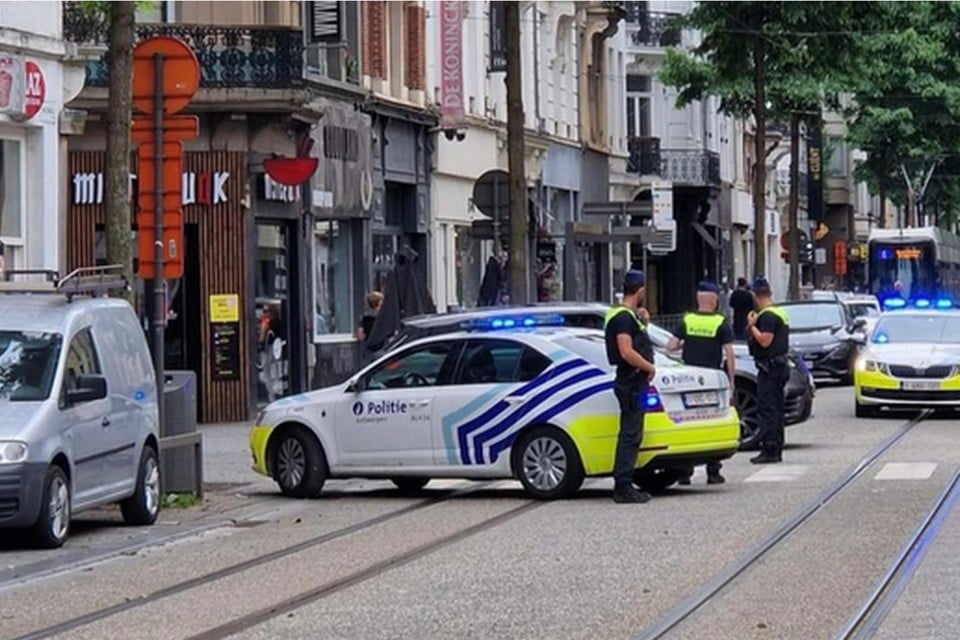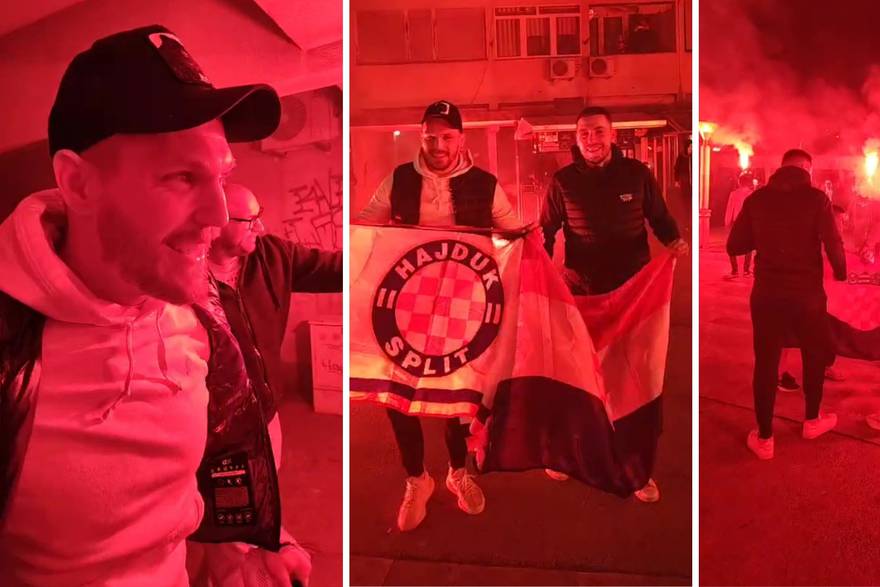Another buy -out scheme for nitrogen, while the previous little yielded. ‘It’s a lot of money for a limited reduction’
:format(webp)/s3/static.nrc.nl/wp-content/uploads/2025/04/23171229/data131047251-1f50bb.png)
The Schoof cabinet wants to buy out livestock farmers again. It is the most important concrete action from the nitrogen plan presented on Friday from the ministerial committee that the Netherlands must ‘get’ from the lock ‘. This year, the Ministry of Agriculture spends another 750 million euros on a purchase scheme, aimed at livestock farmers with « the most urgent nitrogen problems ».
In recent years, the central government has already been put 3 billion euros in two major buying schemes for the agricultural sector. The State offered 120 percent of the business value to so -called ‘peak loads’, the three thousand livestock farms that contribute most to the nitrogen problems. Smaller emotors were able to get out of the value for 100 percent.
The interest was great – money had to be added to meet the demand. That is why the cabinet is now supposed to buy out for farmers, Prime Minister Dick Schoof said after the Council of Ministers on Friday: « There is massive drawing on it – and that budget is also quickly gone. I think it is a very useful instrument. »
Despite the great interest – around 1,600 farmers have indeed registered – the nitrogen yield was disappointing. Recently sent Minister Femke Wiersma (Agriculture, BBB), The first results to the room. On average around 35 mol of nitrogen per hectare per year will be reduced, around 7 percent of what is needed on average.
« Buying schemes are not at all effective to greatly reduce the nitrogen deposition, » says Jan Willem Erisman, professor of Environment and Sustainability at the University of Leiden. Hens Runhaar, professor of Policy and Management for Sustainable Food Systems at the University of Utrecht, calls the buying schemes « a lot of money for a limited reduction ». « You can use the money much better. »
The new buy -out scheme probably yields even less. Daan Boezeman of the Netherlands Environmental Assessment Agency (PBL) investigated 25 years of buy -out schemes in the agricultural sector. By stacking such schemes it is becoming increasingly difficult to tempt livestock farmers to stop their business, he says. « You have the economically cost -effective companies. » Those companies are now even better because others have stopped, says Boezeman. « The costs for turning manure down are going down and improves their negotiating position towards suppliers. » These companies will not be buyed out quickly.
‘Perspective’
If the proceeds from the previous buy-out schemes will be included, Minister Wiersma does not want to say when asked: « I will not send that on a certain percentage or number of farmers that should stop- in fact, I want to offer as many farmers as possible, so that they can continue with the beautiful work they do. » Former minister Christianne van der Wal (VVD) did have the « effort obligation » to reduce the national nitrogen surplus by an average of 20 percent. Wiersma called that in a parliamentary debate an « ambition of the previous cabinet ».
The fact that the previous buy -out scheme yielded less reduction than expected is largely due to the voluntary character, says Runhaar. For the nitrogen profit, it makes a lot of things bought out, because the impact on nature depends on the size of the company and the proximity to vulnerable nature reserves. A less targeted arrangement is « shooting with hail, » says Runhaar.
Commission President Johan Remkes proposed in 2022 to tackle the five to six hundred biggest peak bursters- then as few companies as possible would be hit. The Ministry of Finance calculated that all Dutch nitrogen goals can be achieved By purchasing five thousand cattle farms very targeted.
But volunteer is a « fundamental starting point for this cabinet, » says the Ministry of Agriculture. A spokesperson: « Voluntary implementation makes faster implementation possible than mandatory measures, which often lead to long legal procedures and that may involve a lot of money. »
The new buy -out scheme is also voluntary, Wiersma emphasizes. Which farmers are eligible for the new regulation is not exactly clear: the scheme focuses « in areas with the most urgent nitrogen problems ».
Due to the voluntary and less targeted approach, the government sometimes put huge amounts on the table in the past to reduce relatively small amounts of nitrogen. For example, the government paid around 20 million euros to close a stable with 18,500 pigs in Grubbenvorst, Limburg, it turned out research from NRC and Follow the Money. The Ministry of Agriculture did not want to answer the question whether this amount was spent effectively. « We cannot share information about an individual application. »
Read also
Also read: Three times the gold price for a gram less nitrogen – how expensive it can be to buy a pig farmer
Boezeman of the PBL also sees another problem. « It is possible to set up attractive buy -out schemes, but other policy is very difficult, » he says. If stricter rules were announced together with the buy -out scheme, the buy -out scheme could have yielded more, Boezeman thinks. « Then a farmer must choose: or adjust the company, or participate in the buy -out scheme. »
The government is now proposing to impose a specific emission goal on each company. It is unclear how hard this goal will be, and whether it will be maintained. It can also take years before that plan has been worked out.
Performing a buy -out scheme also takes a lot of time, says Boezeman. The European Commission must first approve this form of state aid. « Companies must first register, those applications must be assessed, then it is still necessary to stop. Make no mistake how long that all takes, you will soon be in 2030. »
Prime Minister Schoof thinks that the Netherlands « is still gradually going on this year. » Schoof: « We are working hard, knowing that we really have not completed the business today. »

/s3/static.nrc.nl/images/gn4/stripped/data133668481-554b05.jpg|https://images.nrc.nl/Ns0zGdvPpbHjArTtyjf_74KukaY=/1920x/filters:no_upscale()/s3/static.nrc.nl/images/gn4/stripped/data133668481-554b05.jpg|https://images.nrc.nl/YdJEHMk5Uaz-gVUtTJUqBOrmwXk=/5760x/filters:no_upscale()/s3/static.nrc.nl/images/gn4/stripped/data133668481-554b05.jpg)
/s3/static.nrc.nl/wp-content/uploads/2025/06/14184008/web-1406BUI_Minnesota.jpg)
/s3/static.nrc.nl/images/gn4/data133621258-30eefc.jpg)



